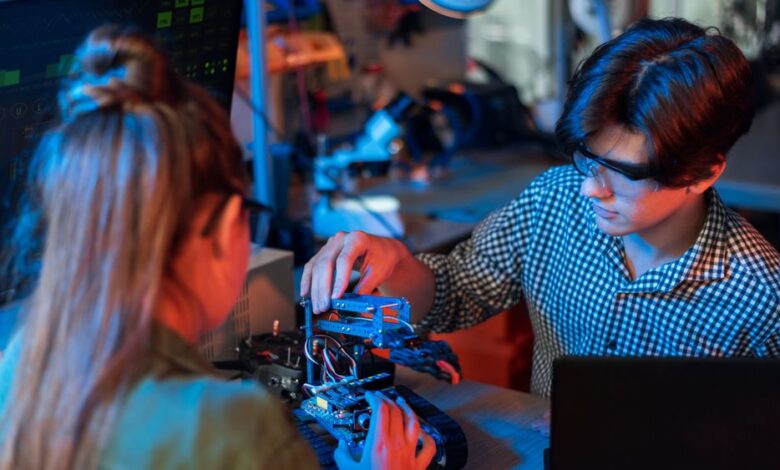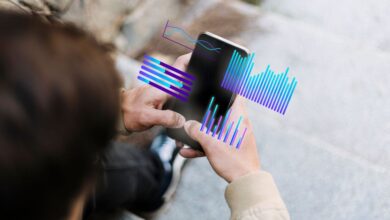Navigating the Complexities of Work Culture and Technological Innovation

The intersection of work culture and technological advancement has long been a topic of intense discussion and debate. At the forefront of this conversation is Elon Musk, a figure synonymous with cutting-edge innovation and a work ethic that pushes the boundaries of the conventional 40-hour workweek. This ethos has rippled through the tech industry, where extensive working hours are often worn as a mark of dedication. However, emerging research, including insights from a Slack survey, suggests that such a culture may be counterproductive, potentially diminishing both productivity and job satisfaction.
The discourse on the balance between work and life is steeped in history, with pioneers like Henry Ford championing the benefits of shorter work weeks for overall efficiency. In contrast, today’s average American workweek extends to approximately 44 hours, frequently driven by economic necessities. As experts continue to advocate for the primacy of work quality over sheer hours spent, the conversation evolves, highlighting the need for a reevaluation of workplace norms.
The automotive sector, too, is not immune to political discourse. Recent comments by former President Donald Trump on electric vehicle (EV) policies have introduced the possibility of significant policy reversals. Trump’s critique touches on concerns regarding the costs, driving range and reliance on foreign production, particularly from China. Such perspectives could significantly impact the auto industry, which is already contending with infrastructure challenges and consumer reservations about EVs.
Amidst these industry-wide considerations, Tesla, a trailblazer in automotive innovation, finds itself confronting legal challenges related to its Autopilot system. A wrongful-death lawsuit in California has surfaced in an email from a former executive, raising questions about the company’s grasp of driver behavior in conjunction with Autopilot usage. Tesla’s insistence on the need for driver vigilance, there are indications that comprehensive research into drivers’ capacity to reassume control from Autopilot was not conducted adequately before a tragic accident in 2018. Confronted with multiple lawsuits and a federal criminal investigation, Tesla has been prompted to enhance its driver-monitoring systems. In an effort to address these concerns, Tesla has rolled out camera systems to track driver attentiveness, albeit years after initial consideration.
The culmination of these events presents a pivotal moment for both the tech and auto industries. The ongoing debate over work hours is likely to have lasting effects on employee well-being and organizational productivity. Political decisions stand to reshape the EV landscape, compelling automakers to adapt their strategies accordingly. Tesla’s legal entanglements highlight the intricate task of melding sophisticated technology with daily life, emphasizing the critical nature of safety and exhaustive research. These unfolding scenarios are indicative of broader trends and obstacles that will continue to shape the domains of employment, transportation and technological progress.
Source link



